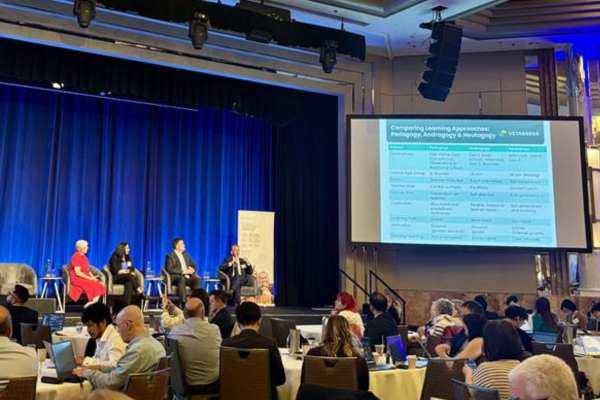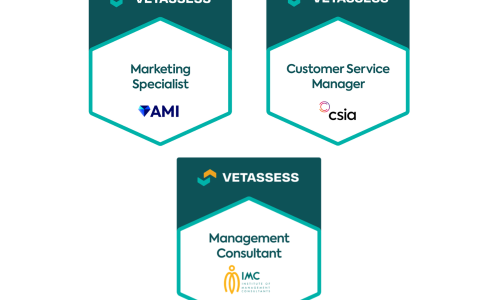Held at the Grand Hyatt Melbourne from 8–10 October, the Migration Institute of Australia’s National Migration Conference 2025 brought together migration professionals, policymakers, educators and industry leaders to explore the future of migration in Australia.

This year's program focused on reform, resilience and readiness, addressing the evolving global landscape and Australia's role within it. Key themes included:
- Demography and Destiny: Opening keynote by SImon Kuestenmacher on how migration will shape Australia's population and workforce.
- Skilled Migration and Workforce Planning: Panels featuring Ai Group, ACTU, AusVEg and the Scanlon Foundation explored migration's role in economic growth.
- Partner Visas and Humanitarian Issues: VETASSESS and the Institute of Public Accountants led discussions on qualifications recognition and future pathways.
- AI and Mental Health in Practice: Practical sessions addressed digital transformation and wellbeing in migration services.
Featured Presentation: Dr Mamta Chauhan and Dr Rocco Guarnaccia
Dr Mamta Chauhan, Executive Director of VETASSESS and Dr Rocco Guarnaccia, Director of Vocational Education and Training, featured on a standout panel titled "Global trends and drivers of cross-border mobility: what this means for Australian migration?" .
Their presentation explored:
Global migration shifts:
- Traditional leaders like the US, UK and Canada are reducing intake, while New Zealand, Germany, India and China emerge as new influences.
- India's migration appetite remains strong despite increased scrutiny on offshore agents
- China is investing in local upskilling but maintains interest in outbound migration.
Skills Assessment Innovations:
- Australia continues to relay on qualifications and experience-based assessments
- Canada is evolving toward recognising work experience
- The US is developing a global skills directory to streamline mobility.
- South Africa is leveraging Recognition of Prior Learning (RPL) to integrate refugee populations more rapidly.
Generational Learning and Workforce Readiness
The speakers emphasised the importance of understanding generational learning styles to better prepare future workers:
- From Silent Generation to Gen Alpha, each cohort brings distinct traits and expectations.
- They compared Pedagogy (teacher-led), Andragogy (adult-focused) and Heutagogy (self-determined) learning models, advocating for flexible, learner-driven approaches that support lifelong learning.
Generation Z: The Workforce of the Future
- Gen Z is the most formally educated, digitally connected and globally aware generation
- With projections of 17 jobs across 5 careers, their adaptability and tech fluency demand new approaches to education, skills recognition and migration policy.
The MIA National Migration Conference 2025 reinforces the importance of collaboration, innovation and future-readiness in shaping Australia's migration system. With insights from leaders like Dr Mamta Chauhan and Dr Rocco Guarnaccia, the event offered a vital platform for policy, practice and progress.


